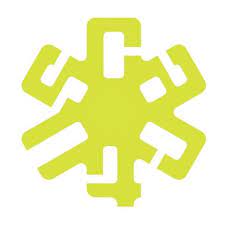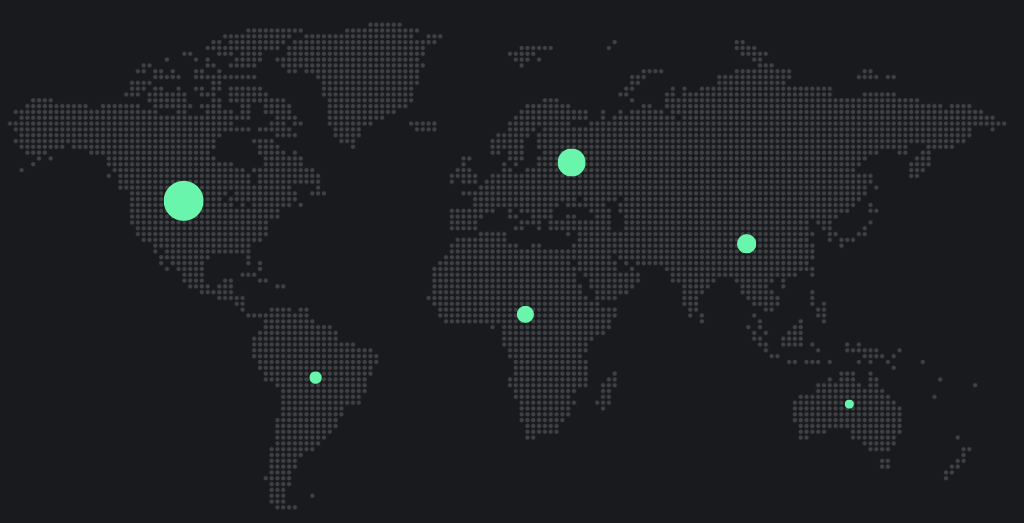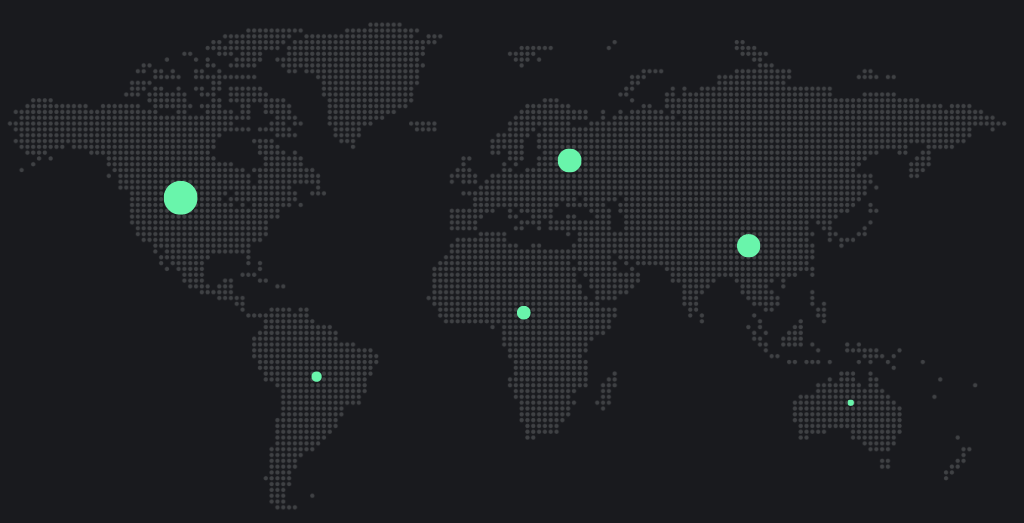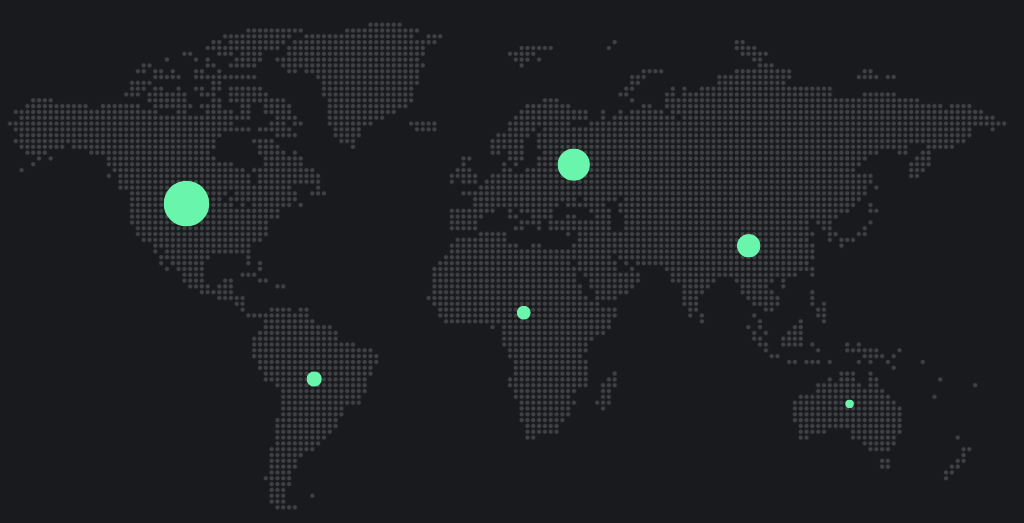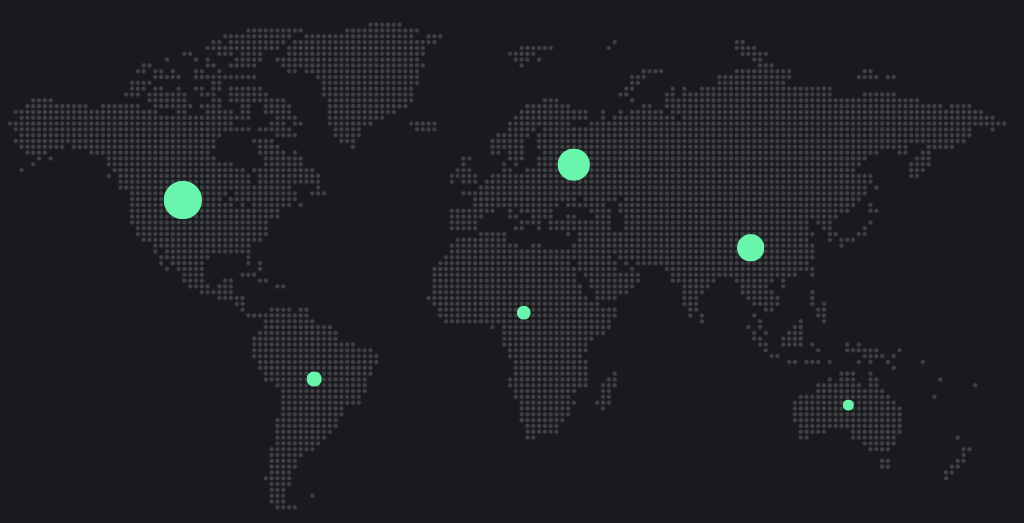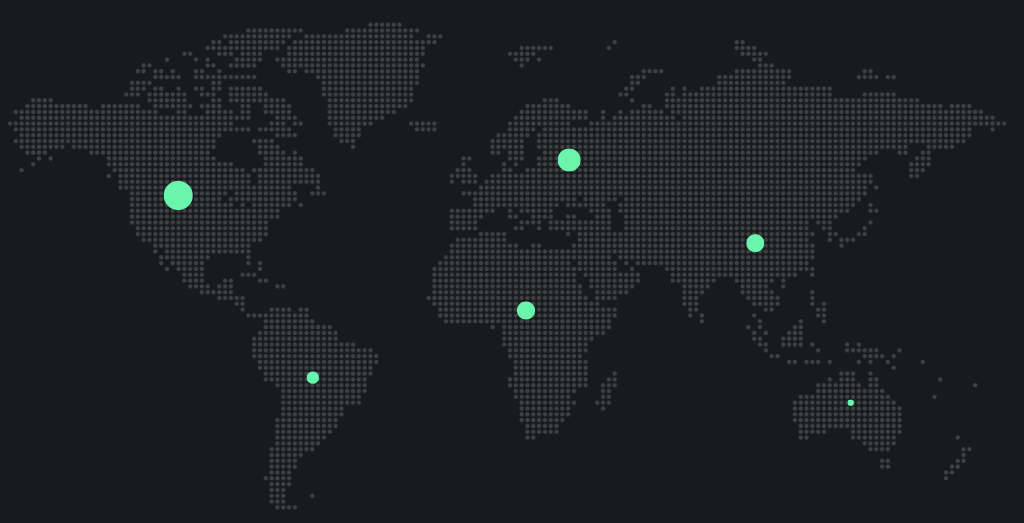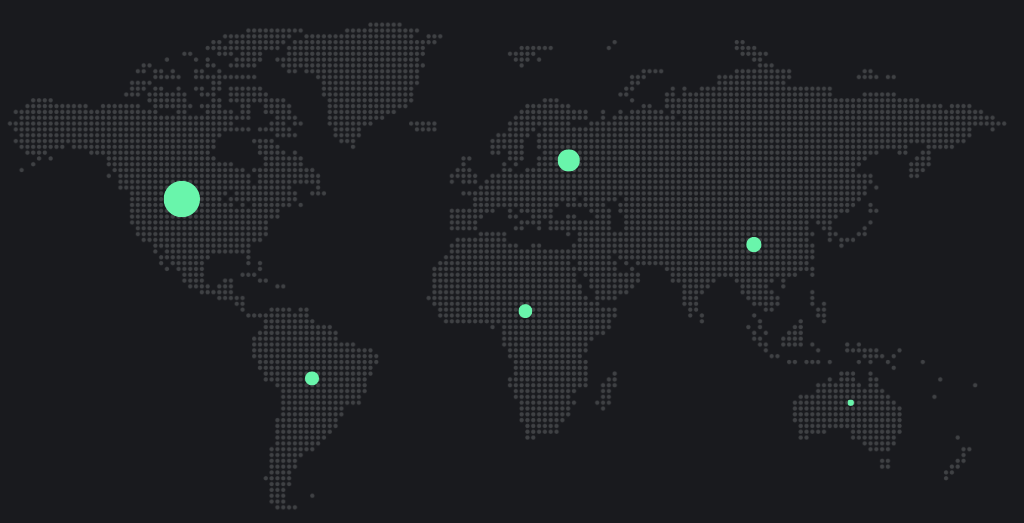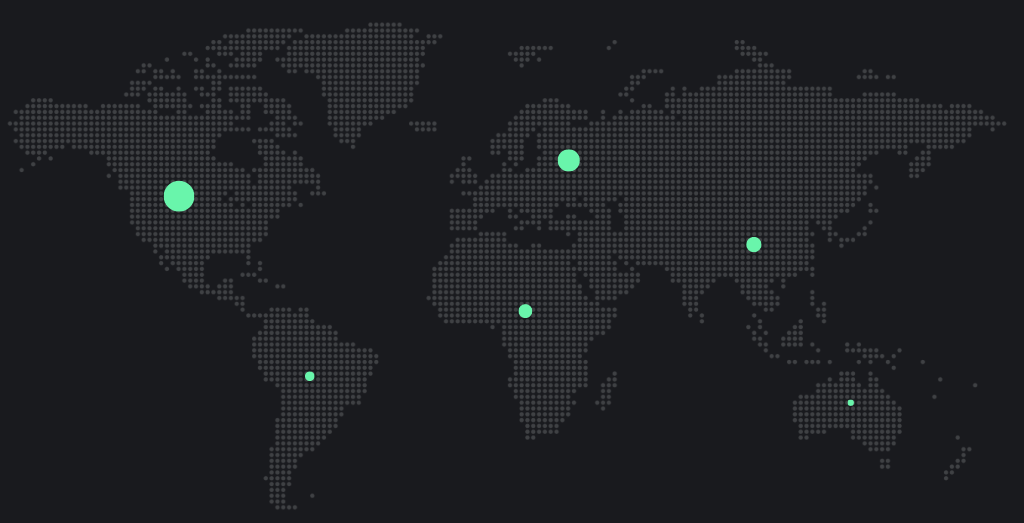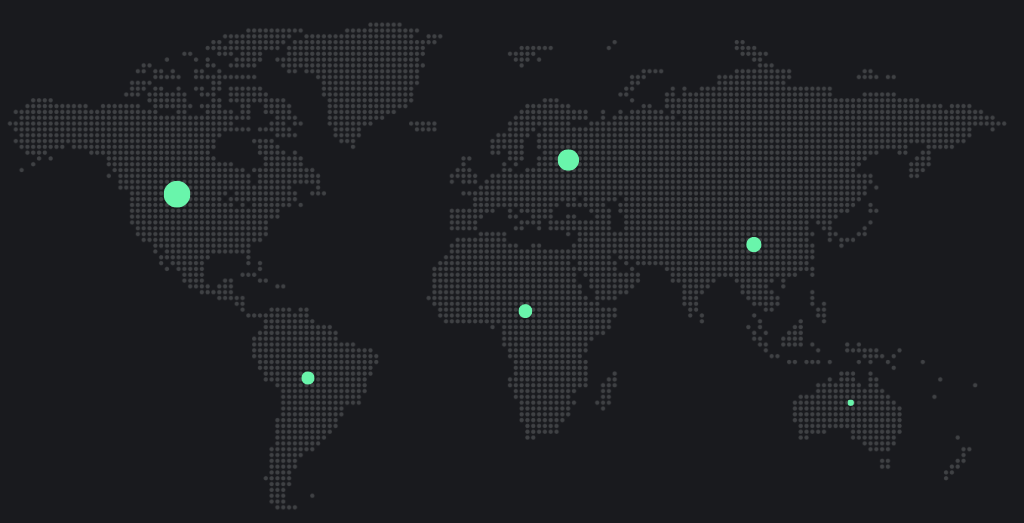
Hire top-rated tech talent in days
Get access to developer-vetted talent with a proven track record of performance


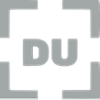


Quickly match your company with high-quality engineers
Forget making multiple job posts or sorting through stacks of resumes–we give you a shortlist of great matches who are ready to get to work
Meet world-class developers
Work directly with technical talent who have been vetted by senior developers, not recruiters or AI
Flexible engagements
From 20 hours a month to 40 hours a week, you can scale up or down as your business needs change
Save a ton of time
Meet developers in 24 hours, hire them onto your team in less than 2 weeks
Get support from us...forever
We're here to make sure everyone succeeds, from day one through the end of your engagement
See what our clients have to say
Access top engineers from around the globe
We have thousands of vetted, elite software professionals ready to get to work
Most popular frameworks and languages
Tap a skill to see geographic distribution
Don't see yours here? We have hundreds of other in-demand skills, certifications, and stacks to choose from
Hiring made easy
Build your ideal
candidate
Sign up for the platform and get started with building the ideal candidate for your project's needs
Talk to the
Gun.io team
Book a tech call with our team and we'll discuss your goals, timeline, and technical needs to understand what a successful hire looks like
Review your
candidates
Within 24 hours, you will receive profiles of talent that matches your needs and book a time to meet the ones you feel hit the mark
Right fit,
guaranteed
You'll have a dedicated success manager for support should you need an additional hire or a replacement for your current team

See what Gun.io can do for you
We’ll show you custom-matched, available developers in 24 hours. We’re transparent about cost, and you don’t pay a dime until you and your contractor get to work.
